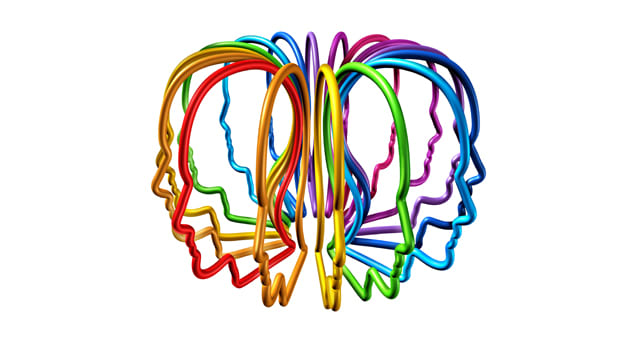How to make the workplace inclusive

Having the ability to adapt our language to get the best from colleagues is a skill we value and this ability should be applied equally to equality, diversity, and inclusion (EDI). For example, avoiding addressing emails with 'Dear Gents' and using 'Dear All' instead will help to ensure female recipients don't feel marginalized.
“An inclusive culture gets the best from everyone and helps improve standards and value – core to the good business.”
Moreover, speaking to your teams about how we can work more inclusively – and being open to the feedback – makes for better and more productive working.
Key steps on the equality, diversity, and inclusion (EDI) journey
A deft outline of how organizations can better support their staff to achieve positive outcomes for their people, business performance, clients, and communities.
Four key steps should be taken at the start of the ‘EDI journey’, including how this practice is being mapped globally and more recently in India.
How to make an inclusive workplace
- Actively engaging staff
People are our business and they know what is – and is not working – including how safe, productive, supported; and engaged they are; so ask them. In a global Employee Engagement survey in 2015 and 2017, people were asked about several topics such as Recruitment, Leadership, Reward, and EDI. The results are analyzed by monitoring diversity, so we can compare how included female and male staff feel, track if there are differences in the experience of disabled employees in specific countries or businesses – these results help to inform EDI efforts. We should always make sure never to drill down into detail which may identify anyone; numbers less than ten will not be analyzed by the systems we use to ensure anonymity. This is very important, especially for minority, under-represented or marginalized groups in society and our colleagues.
In consultancy, our people are our primary asset. Their success is our success; so we should work hard to engage our staff and make them feel included in the business. - Open conversations on tough topics
Building on the quantitative data provided by surveys, it is necessary to gain quality insights into the experiences of one’s staff. Hosting live, unconscious bias insight sessions with staff, these workshops include a session where staff can provide feedback and suggest areas where bias may be affecting productivity. Unconscious biases are the judgements we make of each other even without realising it sometimes; it is the way our brains help us to sort through the overload of stimulus we are exposed to every day - but the quick-think processes of our unconscious brain can mean we do not always make objective decisions and can result in discrimination towards several groups. ‘Lunch and Learns’ sessions with managers help to explore bias principles and discuss how we can manage our unconscious – and conscious biases – to be more inclusive at work. - Support inclusive styles of leadership
Focusing on managers and leaders is important to set the strategic direction for EDI with wider efforts needed to engage all staff. Working closely with leadership in India and having one-to-one sessions is key to understand the challenges and identify opportunities relating to EDI. A coaching-style approach can help leaders to appreciate their own diversity, the difference they can bring and how they can serve as role models whilst also tackling any ‘blind spots’ or bias areas they may be unaware of. This model for employee networks on a range of topics including how the business is advancing disability, gender, race and sexual orientation and transgender equality. - Connect thinking and collaborate for success
Managing EDI efforts through strategy and action plans ought to be led by an EDI manager who is accountable to the company Board and general managers. We should also be keen to collaborate with peer firms and colleagues across industries.
An inclusive workplace is a key to our collaborative culture and to meeting the needs of our clients, suppliers, and customers. By committing to measurable goals, we should be demonstrating our ambition to drive diversity as being central to how we do business. We are determined to attract and engage the best people, with meritocracy recognizing a true diversity of talent.
I would say that EDI is closely linked with integrity – we as a business deliver on our promises, behave ethically and promoting a safe and 'zero harm for all' culture.
In an EDI survey, 90% of staff responses said they trust their colleagues, but this dropped to 74% for clients and suggests we need to work with the wider industry to ensure that staff feels safe anywhere they work.
To me, EDI is also linked to excellence, as research shows that an inclusive culture gets the best from everyone and helps improve standards and value – core to the good business.













